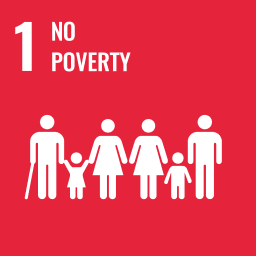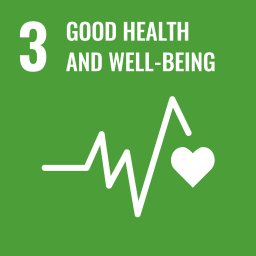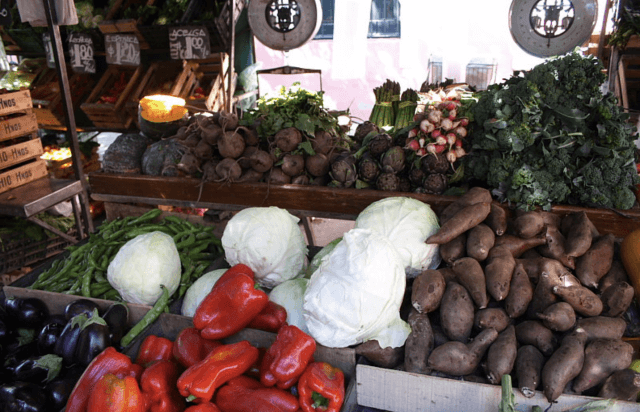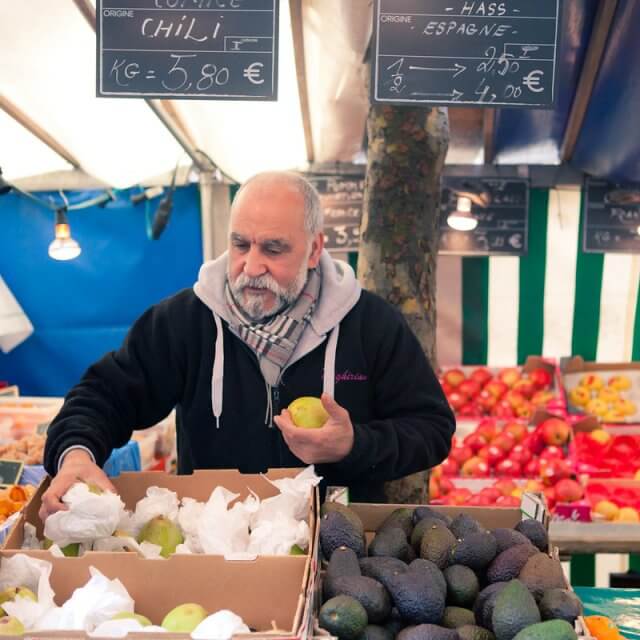Action and Aims
The 2019 ban on advertising of high fat, salt and/or sugar (HFSS) food and drink products across the whole of London’s TfL-run transport services is a radical step to address one of the most insidious causes of obesity, making such products less visible and less desirable to children, and reducing the considerable pressure to consume unhealthy food and drink. This ban is part of a suite of measures in the Mayor’s Food Strategy for London that aim to encourage healthy eating. The ban extends to promotion of a brand that makes or sells HFSS products – such as a fast-food chain – even if the HFSS products do not feature in the advert. Brands can, however, promote healthier food and drink products from their portfolios. Incidental images, graphics and text promoting HFSS foods and drinks are also prohibited, even if the advertiser is marketing a completely different, non-food or drink product or service.
When it was introduced
The policy came into effect on 25th February 2019 following the publication of the final policy in November 2018, together with some guidance notes.
Who initiated it? Who is involved?
Since 2016 some London boroughs signed the Local Government Declaration on Sugar Reduction and Healthier Food, which includes an action to include nutritional information on all food and beverage advertising in council-controlled spaces (publications, events, billboards, bus stops, etc). Concerns over advertising and sponsorship of Mayoral food initiatives by HFSS food companies was also raised at the Boroughs sub-group of the London Food Board, the London Boroughs Food Group.
The issue of HFSS advertising was further raised during the drafting of the Mayor’s new London Food Strategy in 2017-18. A public consultation on the ban ran from May to July 2018 via a dedicated web page, online discussion forums, and quantitative research (focus groups). Following which the GLA food policy team engaged stakeholders to address concerns or queries over implementation. This included regular meetings with TfL’s advertising agents, JCDecaux and Exterion, to provide them with more detailed guidance on how they should interpret the policy. A number of events were also held, including one at City Hall in January 2019 for around 120 creative and out-of-home agencies, who design advertising campaigns on behalf of food and drink industry clients.
Impacts to date
The TfL ban on HFSS food and drink advertising will not be assessed for its impact on child obesity, which would be impossible given the complexity of the issue and a host of other factors that could contribute to progress. Rather, the GLA will conduct an annual audit of the ‘number of less healthy food and drink adverts displayed across TfL network’, using 2018 figures as a baseline. In addition, a two-year study at the London School of Hygiene and Tropical Medicine will evaluate the impact on sales of HFSS food and drink. It will investigate whether brands’ switching advertising of HFSS products for non-HFSS products translates into higher sales of the latter compared to a February 2019 baseline. The study is funded by the National Institute for Health Research. (At the time of writing in 2019 it was still to early to fully evaluate the impact).








